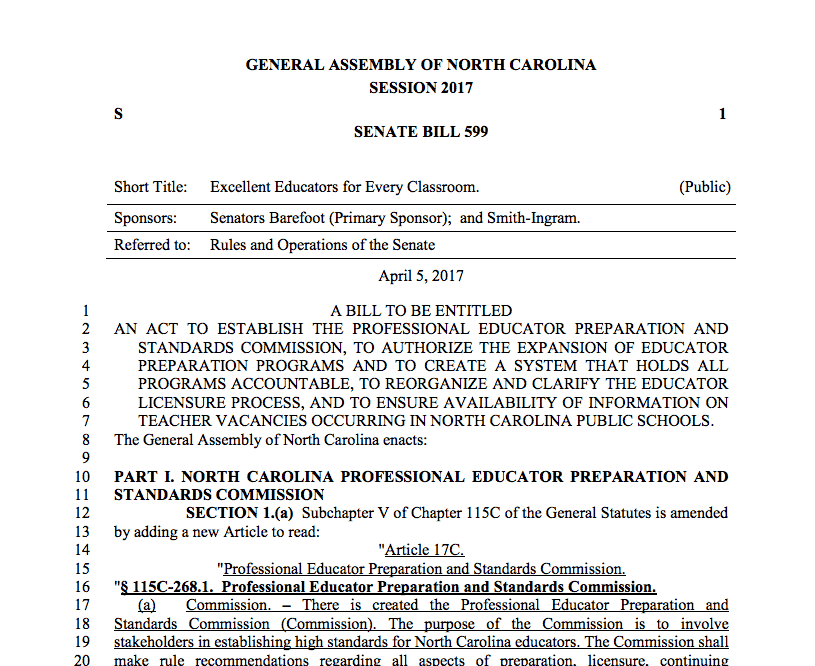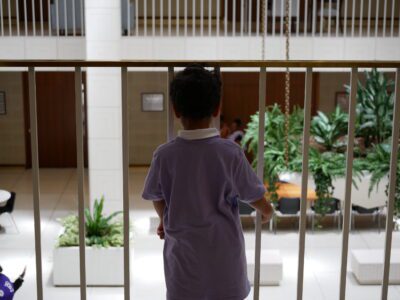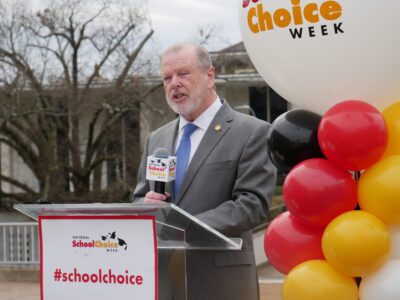
The Educator Preparation Program Approval Committee met Wednesday to discuss the implications of legislation that would change how teachers enter the profession and the standards to which they’re held.
Senate Bill 599 would create an educator preparation and standards commission comprised of administrators and educators from both K-12 and higher education institutions and appointed by the General Assembly. The point of the commission, the legislation reads, is “to involve stakeholders in establishing high standards for North Carolina educators.”
Under the law, the commission would make rules and recommendations to the State Board of Education on things like preparation, licensure, and conduct.
Joyce Gardner, the Department of Public Instruction’s director of educator preparation, said the standards commission was well-received by the committee — made up of DPI staff and representatives from higher educational institutions. Gardner said there used to be a similar commission, but there hasn’t been one in recent years.
“I think it’s another arm of … having the voice of deans and superintendents and principals on that commission,” Gardner said. “It will certainly be welcome.”
The commission would exist administratively under the State Board but would function independently from the Board and would include the Superintendent of Public Instruction, or a designee from him or her, and the state’s Teacher of the Year, along with 15 other members.
Both the House and Senate would choose seven commission members, including a local superintendent, a principal, a dean of a UNC-system educator preparation program, a dean of a preparation program at a private higher educational institution, an elementary school teacher, a middle or high school teacher, and an at-large member.
The legislation would also expand education preparation programs and establish new rules around how they are approved and held accountable, amend the teacher licensure process, and change how the State Board reports on the state of the teaching profession.
Gardener said that there’s not much new in the bill when it comes to requirements on how the committee reviews educator preparation programs.
The other piece of legislation discussed by the committee and several representatives of higher educational institutions was House Bill 634, a bill that would mandate the State Board of Education to approve between one and four private lateral entry teacher education preparation programs.
These programs would be separate from those offered by private colleges or institutions, which already can grant teacher licensure to individuals with degrees looking to teach. The legislation would open the door for outside agencies — both for-profit or non-profit — to offer preparation programs.
The State Board, under the law, would have to approve these programs under standards set by the Board that can not exceed the standards the Board uses for other programs that institutions of higher education offer.
The bill would require those standards to include pre-service training and 80 hours of classroom readiness training before teaching. Gardner said this is different than the usual lateral entry pathway for people with degrees in other fields who want to become teachers.
Normally, Gardner said, those individuals are hired by a school district before they complete the necessary coursework to receive a teaching license.
“For them to stop working and not have a job and take all this coursework before they get hired by the district could be a deterrent,” Gardner said.
Recommended reading



